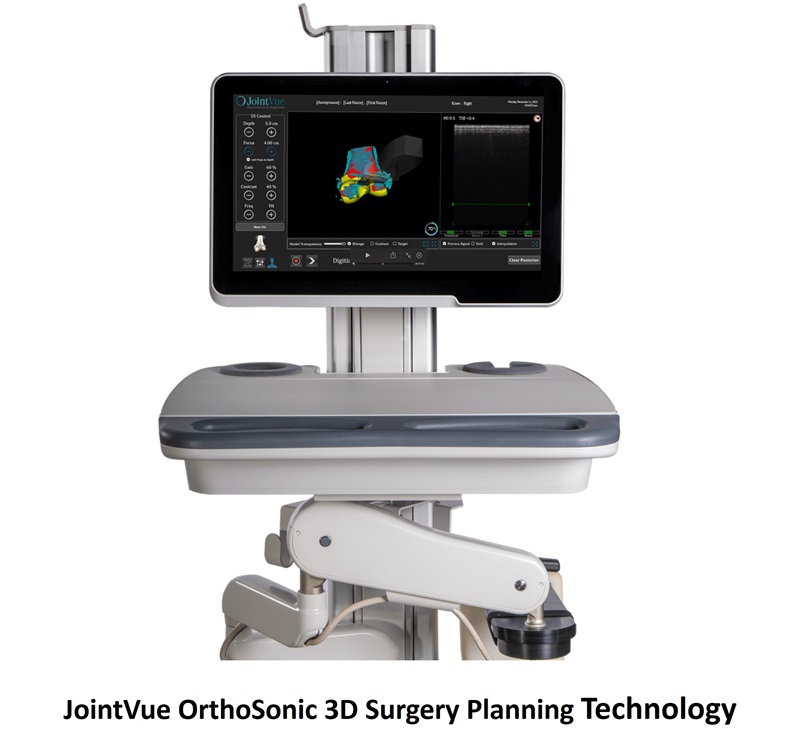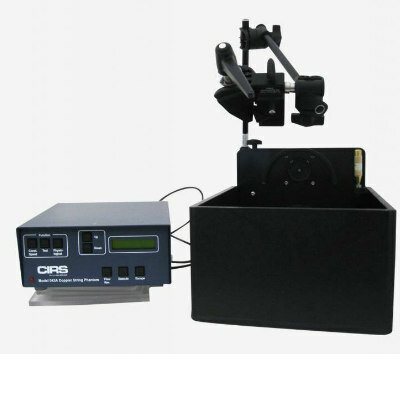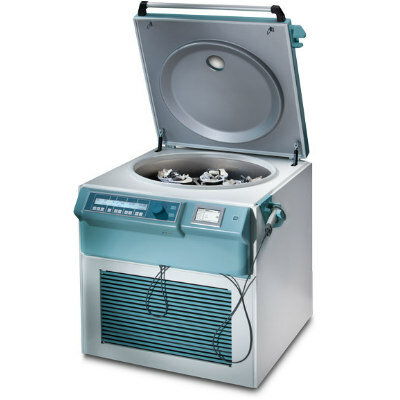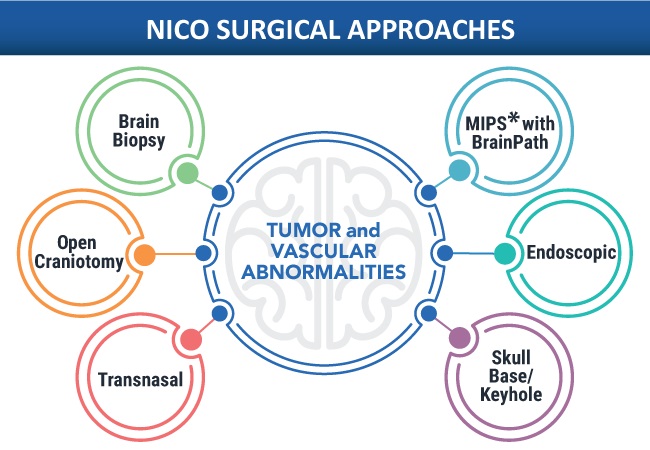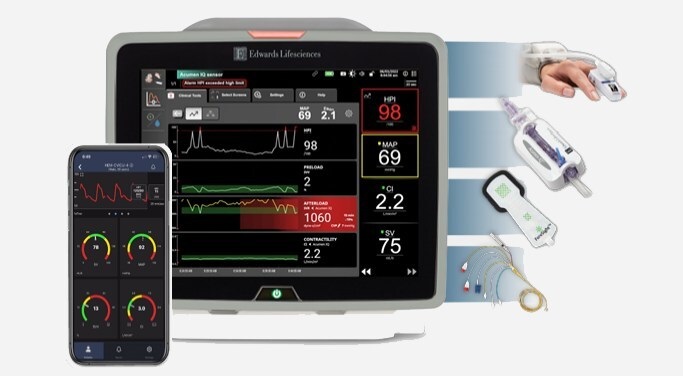Open Endoscopic Vessel Harvesting System Offers Improved Ergonomics
|
By HospiMedica International staff writers Posted on 17 May 2011 |
A novel open carbon dioxide (CO2) endoscopic vessel harvesting (EVH) system can significantly lessen the complication of clot formation, when compared with a sealed EVH system.
The VascuClear EVH system is a truly open CO2 system, and thus is not reliant on sealed gas insufflation and carries little to no risk of CO2 embolism or intraluminal clot formation. A precision bipolar design offers several improvements, including an easy-to-use textured button configuration to provide a better feel and grip, and spring-loaded controls to return the jaw to a neutral position when released. A bright tip on the jaw improves visibility, and handles inside the harvesting tunnel provide an improved ergonomic feel, keeping cords out of the way. The system also operates at a low temperature, minimizing thermal spread.
Other features include greater flexibility, and a smooth cut and seal that require no additional "tugging” on the vessel. The proprietary Bonchek Vein Distention system distends and irrigates a vein graft to a predetermined level to avoid over-distention of the harvested vessel. The VascuClear system is delivered in visibly clear, recyclable packaging and is conveniently organized and easy to open for immediate use. The VascuClear EVH system is a product of the Sorin Group (Milan, Italy).
"The introduction of VascuClear provides clinicians with the newest tool for minimally invasive endoscopic vessel harvesting and strengthens our comprehensive line of cardiovascular products and services,” said Michel Darnaud, president of the cardiopulmonary and intercontinental business units at the Sorin Group.
EVH uses specialized instruments to view and remove a healthy blood vessel for harvesting during coronary artery bypass graft (CABG) surgery, with minimal trauma to the vessel or surrounding tissues. In clinical studies, EVH has shown important benefits, including a reduced risk of infection and wound complications; less postoperative pain and swelling; and faster recovery with minimal scarring. The reduction in pain allows patients to get back on their feet and return to normal mobility much sooner, along with a reduced length of hospital stay.
Related Links:
Sorin Group
The VascuClear EVH system is a truly open CO2 system, and thus is not reliant on sealed gas insufflation and carries little to no risk of CO2 embolism or intraluminal clot formation. A precision bipolar design offers several improvements, including an easy-to-use textured button configuration to provide a better feel and grip, and spring-loaded controls to return the jaw to a neutral position when released. A bright tip on the jaw improves visibility, and handles inside the harvesting tunnel provide an improved ergonomic feel, keeping cords out of the way. The system also operates at a low temperature, minimizing thermal spread.
Other features include greater flexibility, and a smooth cut and seal that require no additional "tugging” on the vessel. The proprietary Bonchek Vein Distention system distends and irrigates a vein graft to a predetermined level to avoid over-distention of the harvested vessel. The VascuClear system is delivered in visibly clear, recyclable packaging and is conveniently organized and easy to open for immediate use. The VascuClear EVH system is a product of the Sorin Group (Milan, Italy).
"The introduction of VascuClear provides clinicians with the newest tool for minimally invasive endoscopic vessel harvesting and strengthens our comprehensive line of cardiovascular products and services,” said Michel Darnaud, president of the cardiopulmonary and intercontinental business units at the Sorin Group.
EVH uses specialized instruments to view and remove a healthy blood vessel for harvesting during coronary artery bypass graft (CABG) surgery, with minimal trauma to the vessel or surrounding tissues. In clinical studies, EVH has shown important benefits, including a reduced risk of infection and wound complications; less postoperative pain and swelling; and faster recovery with minimal scarring. The reduction in pain allows patients to get back on their feet and return to normal mobility much sooner, along with a reduced length of hospital stay.
Related Links:
Sorin Group
Latest Surgical Techniques News
- Microgrippers For Miniature Biopsies to Create New Cancer Diagnostic Screening Paradigm
- Miniature Soft Lithium-Ion Battery Could Be Used as Defibrillator During Surgery
- TAVI Procedure Supported by Radial Artery Access Reduces Bleeding Complications
- Portable Surgical Robot Seamlessly Integrates into Any OR for Performing Cholecystectomy Procedures
- New Thoracic Surgery Risk Calculators Support Preoperative Decision-Making
- Surgical Platform with Miniature Humanoid-Shaped Robotic Arms Provides Human Level Dexterity
- Precision Surgical Technique Enables Lymph Node Detection and Removal in Endometrial Cancer
- Glowing Approach Helps Surgeons Assess Neural Blood Flow in Chronic Nerve Compression Neuropathy
- Predictive Model Identifies Best Patients for Minimally Invasive Epilepsy Surgery
- Light-Driven Micro-Robot Designed to Swim Autonomously in Viscous Liquids Could Be Used for Unblocking Blood Vessels
- Novel Approach Combines Advanced Robotics and Low-Field MRI Technology for Incisionless Prostate Surgery
- Fast OCT System Integrated into Neurosurgical Microscope Identifies Tumor Margins During Brain Surgery
- Miniature Robots Transport Instruments for Endoscopic Microsurgery Through Body
- Robotic Visualization System for Neurosurgery Offers Greater Clarity for Complex Procedures
- Endometrial Ablation for Abnormal Uterine Bleeding Associated with High Risk of Hysterectomy
- Breakthrough Robot Technology Could Allow Entire Surgery to Be Performed Without Human Intervention
Channels
Critical Care
view channel_1.jpg)
Cutting-Edge Bioelectronic Device Offers Drug-Free Approach to Managing Bacterial Infections
Antibiotic-resistant infections pose an increasing threat to patient safety and healthcare systems worldwide. Recent estimates indicate that drug-resistant infections may rise by 70% by 2050, highlighting... Read more
Sophisticated Machine-Learning Approach Uses Patient EHRs to Predict Pneumonia Outcomes
Pneumonia, an infection that results in difficulty breathing due to fluid accumulation in the lungs, is one of the leading causes of death worldwide. This condition is particularly challenging to treat... Read more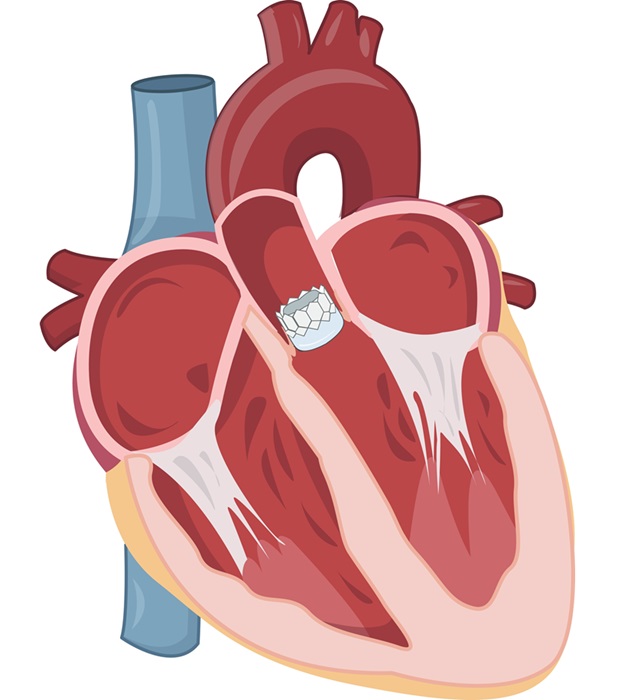
Early TAVR Benefits Patients with Asymptomatic Severe Aortic Stenosis
For patients with asymptomatic severe aortic stenosis (AS) and preserved left-ventricular ejection fraction, current guidelines recommend clinical surveillance every six to twelve months.... Read more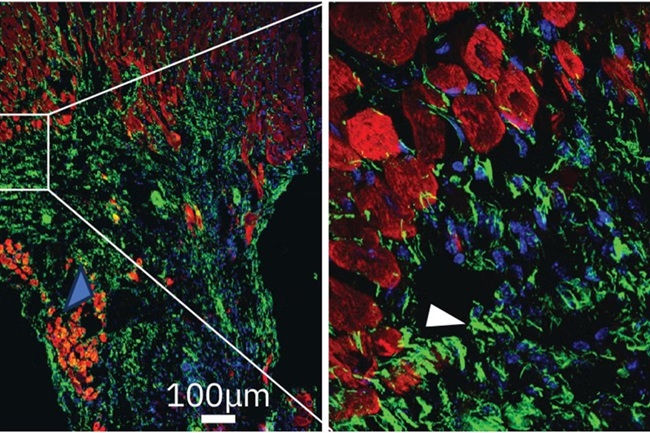
First-Of-Its-Kind Experimental Therapy Enhances Tissue Repair After Heart Attack
Cardiovascular disease remains the leading cause of death worldwide, accounting for one-third of all annual fatalities. Following a heart attack, the heart's natural regenerative ability is limited, resulting... Read morePatient Care
view channel
Portable Biosensor Platform to Reduce Hospital-Acquired Infections
Approximately 4 million patients in the European Union acquire healthcare-associated infections (HAIs) or nosocomial infections each year, with around 37,000 deaths directly resulting from these infections,... Read moreFirst-Of-Its-Kind Portable Germicidal Light Technology Disinfects High-Touch Clinical Surfaces in Seconds
Reducing healthcare-acquired infections (HAIs) remains a pressing issue within global healthcare systems. In the United States alone, 1.7 million patients contract HAIs annually, leading to approximately... Read more
Surgical Capacity Optimization Solution Helps Hospitals Boost OR Utilization
An innovative solution has the capability to transform surgical capacity utilization by targeting the root cause of surgical block time inefficiencies. Fujitsu Limited’s (Tokyo, Japan) Surgical Capacity... Read more
Game-Changing Innovation in Surgical Instrument Sterilization Significantly Improves OR Throughput
A groundbreaking innovation enables hospitals to significantly improve instrument processing time and throughput in operating rooms (ORs) and sterile processing departments. Turbett Surgical, Inc.... Read moreHealth IT
view channel
Machine Learning Model Improves Mortality Risk Prediction for Cardiac Surgery Patients
Machine learning algorithms have been deployed to create predictive models in various medical fields, with some demonstrating improved outcomes compared to their standard-of-care counterparts.... Read more
Strategic Collaboration to Develop and Integrate Generative AI into Healthcare
Top industry experts have underscored the immediate requirement for healthcare systems and hospitals to respond to severe cost and margin pressures. Close to half of U.S. hospitals ended 2022 in the red... Read more
AI-Enabled Operating Rooms Solution Helps Hospitals Maximize Utilization and Unlock Capacity
For healthcare organizations, optimizing operating room (OR) utilization during prime time hours is a complex challenge. Surgeons and clinics face difficulties in finding available slots for booking cases,... Read more
AI Predicts Pancreatic Cancer Three Years before Diagnosis from Patients’ Medical Records
Screening for common cancers like breast, cervix, and prostate cancer relies on relatively simple and highly effective techniques, such as mammograms, Pap smears, and blood tests. These methods have revolutionized... Read morePoint of Care
view channel
Handheld, Sound-Based Diagnostic System Delivers Bedside Blood Test Results in An Hour
Patients who go to a doctor for a blood test often have to contend with a needle and syringe, followed by a long wait—sometimes hours or even days—for lab results. Scientists have been working hard to... Read more
Smartphone-Enabled, Paper-Based Quantitative Diagnostic Platform Transforms POC Testing
Point-of-care diagnostics are crucial for public health, offering rapid, on-site testing that enables prompt diagnosis and treatment. This is especially valuable in remote or underserved regions where... Read moreBusiness
view channel
Hologic Acquires Gynesonics to Strengthen Existing Gynecological Surgical Business
Hologic (Marlborough, MA, USA) has signed a definitive agreement to acquire Gynesonics (Redwood City, CA, USA) for approximately USD 350 million, subject to working capital and other customary closing adjustments.... Read more